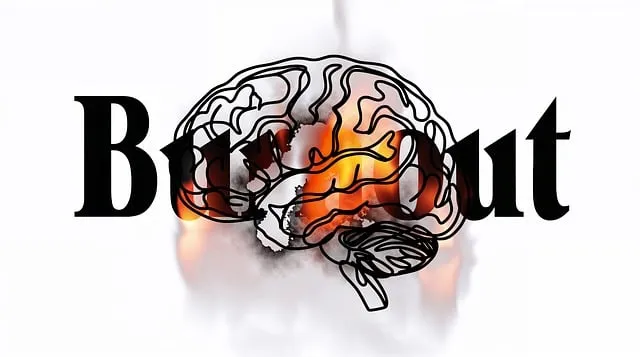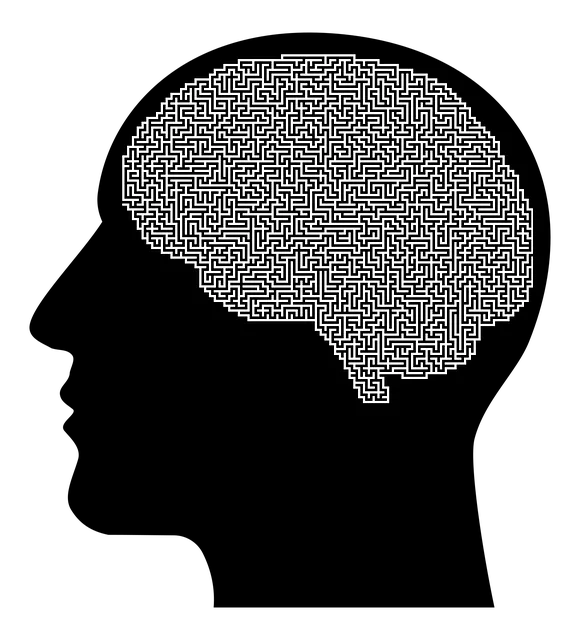Centennial's Kaiser offers innovative inpatient mental health care using the RFM (Recovery, Functioning, Maladaptation) model for holistic patient assessment and tailored interventions. Their program includes intensive therapy, medication management, and personalized activities in a secure environment for conditions like severe depression and anxiety. To build resilience, Centennial can follow a strategic guide: assess individual needs, curate diverse exercises, personalize the experience, provide clear instructions and support, and encourage regular practice with feedback, aligning with Kaiser's successful approach.
“Explore the power of RFM (Resilience, Flexibility, and Mastery) in enhancing mental well-being with this comprehensive guide. This article delves into the significance of RFM in modern mental health care, particularly within Kaiser’s inpatient services. We examine how implementing resilience-building exercises can foster a transformative environment. Through a step-by-step approach, discover effective strategies to empower individuals, promoting long-lasting mental resilience. Uncover how Kaiser’s innovative practices contribute to a holistic healing experience, leaving a lasting impact on those seeking support.”
- Understanding RFM and Its Significance in Mental Health Care
- Kaiser's Inpatient Mental Health Services: A Closer Look
- Implementing Resilience-Building Exercises: A Step-by-Step Guide for Effective Practice
Understanding RFM and Its Significance in Mental Health Care

In the realm of mental health care, the RFM (Recovery, Functioning, and Maladaptation) model stands out as a game-changer. This approach goes beyond traditional diagnosis by assessing an individual’s recovery journey, their ability to function in daily life, and the extent of maladaptive behaviors or thoughts. Understanding RFM provides a holistic view of a patient’s mental health status, especially for those seeking inpatient treatment at facilities like Kaiser, which offers comprehensive care options.
By integrating RFM into mental health care, healthcare providers can tailor interventions effectively. For instance, identifying individuals with high recovery and low maladaptation may suggest a focus on maintaining momentum, while those with significant maladaptation might require targeted strategies for burnout prevention, such as communication skills training to enhance support networks. This personalized approach, supported by evidence-based practices, ensures that patients receive the most appropriate care, ultimately contributing to anxiety relief and improved outcomes.
Kaiser's Inpatient Mental Health Services: A Closer Look

Kaiser’s Inpatient Mental Health Services offer a comprehensive and specialized care program designed to support individuals experiencing severe mental health crises. As a leading healthcare provider, Centennial-based Kaiser recognizes the importance of accessible and quality treatment for psychiatric disorders. Their inpatient facilities provide a secure and supportive environment where patients can receive intensive therapy, medication management, and structured activities tailored to their unique needs.
This level of care is particularly crucial for managing conditions like severe depression, anxiety disorders, or psychotic breaks, ensuring proper risk assessment and implementing effective communication strategies among mental health professionals. By focusing on these aspects, Kaiser aims to prevent and mitigate potential risks, offering a holistic approach to inpatient mental health services that cater to the complex needs of their patients.
Implementing Resilience-Building Exercises: A Step-by-Step Guide for Effective Practice

Implementing Resilience-Building Exercises involves a structured approach to ensure effectiveness and positive outcomes for individuals, especially those seeking mental health support, as evidenced by Kaiser’s inpatient programs. Here’s a step-by-step guide tailored for optimal practice:
1. Assess Needs and Goals: Begin by evaluating the specific needs of your target audience at Centennial. Understand their current emotional intelligence levels, mental wellness challenges, and aspirations. This step is crucial in designing exercises that resonate with participants, aligning with Kaiser’s inpatient mental health services’ approach.
2. Curate a Diverse Toolkit: Resilience isn’t one-size-fits-all. Develop a comprehensive toolkit of exercises catering to different learning styles and preferences. Incorporate practices like mindfulness meditation, positive self-talk affirmations, stress management techniques, and emotional regulation strategies. A well-rounded toolkit ensures inclusivity, appealing to a diverse range of individuals seeking mental health education programs.
3. Personalize the Experience: Tailor the exercises to individual needs and experiences. Encourage participants to reflect on their unique challenges and strengths. This personalization fosters deeper engagement, making the exercises more impactful. It’s similar to how Mental Wellness Podcast Series Production can be customized to cater to diverse listeners’ preferences.
4. Provide Clear Instructions and Support: Ensure each exercise is accompanied by simple, easy-to-follow instructions. Offer guidance and support throughout, allowing participants to ask questions and share their experiences. This step is vital for building a safe and non-judgmental environment, encouraging open participation in resilience-building activities.
5. Offer Regular Practice and Feedback: Resilience is cultivated through consistent practice. Encourage daily or weekly implementation of learned exercises, allowing individuals to track their progress. Provide constructive feedback and encourage peer support, fostering a sense of community around mental health education and self-improvement.
Centennial Kaiser has recognized the critical role of Resilient Factor Model (RFM) in enhancing mental health care. By implementing resilience-building exercises, their inpatient services aim to empower individuals to navigate life’s challenges more effectively. Following a structured guide ensures these exercises are not just incorporated but also delivered with precision and impact, fostering an environment that promotes healing and growth. This proactive approach is a game-changer in the landscape of mental health care, offering long-lasting benefits to patients.






